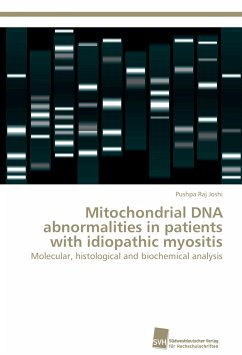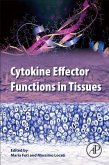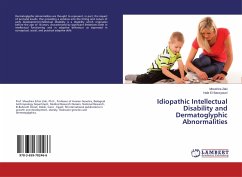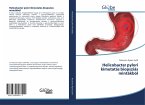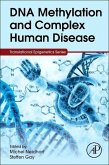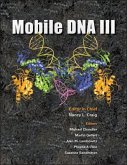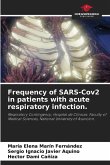Mitochondrial DNA deletions are seen in patients with different forms of myositis, being most prominent in inclusion body myositis (IBM). However, the level of common deletion in myositis is very small. Real-time PCR analysis is the ideal method to quantify very less levels of deletion with higher sensitivity. Histologically, COX deficient muscle fibres and ragged-red muscle fibres are seen in patients with all three forms of myositis. Hence, these mitochondrial defects could be considered as precursors of pathogenesis in myositis. Multiple-cell real-time PCR analysis detected common deletion in both normal and COX negative fibres. Genarally, the degree of presence of common deletion in a fibre to become COX negative is roughly 80%, suggesting the argument that mitochondrial protein synthesis is impaired when a particular percentage of deletions in mtDNA is reached. However, the high levels of deletions in mtDNA alone do not seem to cause a severe COX deficiency and/or residual COX deficiency. Hence the defect in mitochondrial protein synthesis is predominantly by the reduction of wild-type mtDNA in affected cells.
Bitte wählen Sie Ihr Anliegen aus.
Rechnungen
Retourenschein anfordern
Bestellstatus
Storno

